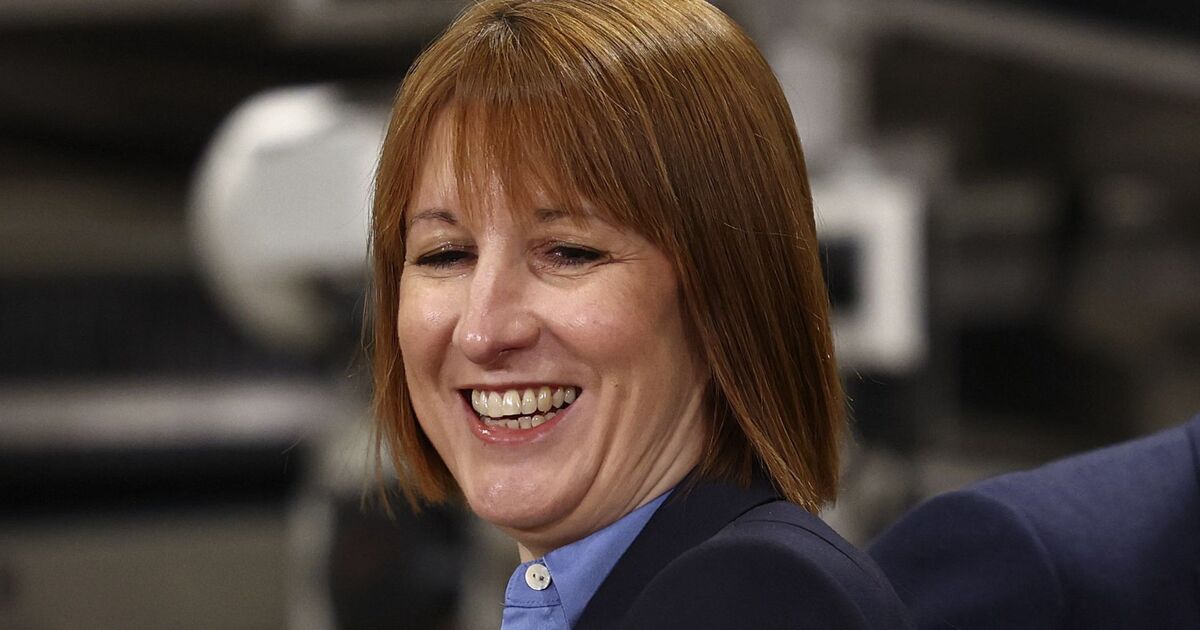Rachel Reeves tipped to deliver double-whammy property blow in Budget | Personal Finance | Finance
First-time buyers face a double-whammy of bad news when Chancellor Rachel Reeves reveals her first budget on October 30 — just when mortgages are moving in the right direction.
Those looking to step onto the housing ladder have experienced a torrid few years, with first Covid and then the financial crisis blocking their route to owning their own bricks and mortar.
Soaring interest rates and a huge reduction in the number of mortgage products available have left them stranded at home with their parents or paying sky-high monthly rents. Many will have put their faith in the Labour Party turning this situation around.
In June, before the country went to the polls, the then opposition party was talking about helping 80,000 young people become homeowners within the next five years.
This was in the form of its flagship Freedom to Buy scheme, which formed an important part of the manifesto for younger voters.
But it is this scheme which could hold the key to first-time buyers’ heartbreak on October 30. That’s because it was not mentioned in the King’s Speech, thus throwing its inclusion in the debut Budget into doubt.
Freedom to Buy is a fairly simple idea that builds upon the Conservative government’s mortgage guarantee scheme that Ruishi Sunak launched three years ago.
It was a bid to resuscitate the UK housing market in the wake of Covid and sees the government act as a guarantor to those who cannot afford to save larger deposit – thereby incentivising mortgage lenders to provide high loan-to-value (LTV) products.
This is like catnip to prospective buyers, who have been squeezed – like the vast majority of the country – over recent years by soaring energy, food and fuel bills.
Anything above a 95 per cent LTV would put many more first-time-buyers back in the game. Because it was hailed as a longer-term or even permanent scheme, confidence in lenders would be much greater.
For this not to appear in the Budget, shunted aside amid talk of budget black holes and “it will get worse before it gets better” will be a hammer blow to those dreaming of getting hold of their first set of keys.
This remains to be seen, but one thing almost guaranteed to get a mention is stamp duty. First-time buyers currently don’t pay stamp duty on properties up to £425,000, but this will drop to £300,000 under Reeves’ new Treasury.
That could very well be the difference between securing that first house and not.
When you consider that people are waiting longer to buy their first home, it becomes increasingly likely they’ll want bigger and slightly more expensive places due to the prospect of having a partner and kids in the near future.
That puts £300,000-plus properties firmly on the table.
There is some talk of Labour getting to grips with a review of affordability criteria that would open up the mortgage market to more prospective newcomers.
But almost four months into the new regime, this government has yet to impress and first-timer buyers should not be holding their breath when the Chancellor rises to her feet in the chamber a week on Wednesday.
Terry Fisher is the Group Chief Marketing Officer at We Buy Any Home.

